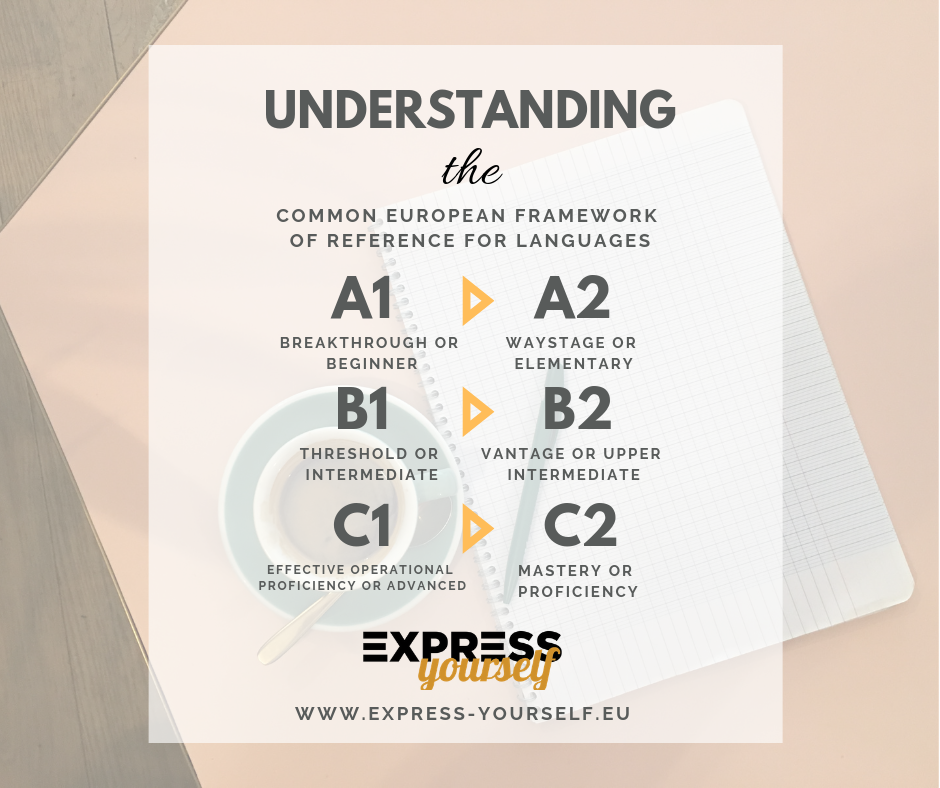When crafting your CV in English, it is crucial to bear in mind that recruiters now seek candidates who are multilingual. While English is the most widely researched language today, having proficiency in any second or third language will significantly enhance your CV.
Why English Proficiency is Crucial?
English, being the most spoken language worldwide, is extensively used by businesses, governments, and individuals across the globe. Companies rely on English for B2B communication, sales, and marketing. Research and development centers around the world utilize English on a daily basis, and over 80% of all internet content is written in English.
In short, mastering English provides you with access to invaluable global information, publications, and conferences.
To get your free CV checklist, click here.
Describing Your Language Level: Common European Framework of Reference for Languages (CEFRL)
With an array of language certificates available for most languages, it’s easy to misconstrue a candidate’s actual language proficiency level. To address this issue, the Common European Framework of Reference for Languages (CEFRL) was created.
CEFRL aims to streamline language level evaluation across different languages. It categorizes language users into three levels: A for basic users, B for independent users, and C for proficient users. Each level is further subdivided into subcategories, with A1 denoting a beginner and C2 indicative of a proficient, fluent speaker.
When adding your language level to your CV, specify it as “English – B1” or “Spanish – B2.”
For a more in-depth understanding of language levels, check out this article.
Language Certificates
English
Several certificates exist to validate your English language skills. In this article, we will explore the most popular ones.
TOEIC
TOEIC stands for Test of English for International Communication. It is a standardized test available globally that assesses your English proficiency on a scale from 0 to 990. Many business schools and foreign universities require a minimum TOEIC score of 800, which is roughly equivalent to a B1 CEFRL level.
When listing your TOEIC score on your CV, use the following format: “TOEIC 880 points (2019).” Remember, TOEIC scores are valid for two years, so you need to specify the year of the test. After two years, you must retake the exam for a valid score.
TOEFL
TOEFL, short for Test of English as a Foreign Language, is required by most foreign universities to confirm your English proficiency. It evaluates your English skills on a scale from 0 to 120 (with 30 points allocated for each of the four categories: reading, listening, speaking, and writing). To determine the minimum TOEFL level required by your desired school or university, contact them for a list of partner schools and the respective TOEFL levels.
Similar to TOEIC, TOEFL scores are valid for two years, so ensure that you mention the year of the test on your CV.
IELTS
The International English Language Testing System (IELTS) rates your English proficiency on a scale from 1 to 9. It primarily focuses on academic English and is particularly suitable for master’s and Ph.D. students. Most international schools require a minimum IELTS score of 5.5, but always check with your school for their list of partner universities and their specific IELTS requirements.
Language Certificates for Other Languages
Spanish
If you hold a language certificate in Spanish, be sure to include it on your CV. Examples of Spanish language certificates include Certificado de las Escuelas Oficiales de Idiomas, DELE, and LanguageCert.
German
To demonstrate your German language proficiency, you can present certificates such as Goethe-Zertifikat B2, Deutsches Sprachdiplom Stufe I and II, or Avant Stamp Pro GERMAN.
Italian
For Italian language skills, confirmation can be obtained with certificates like Accademia Italiana di Lingua, Diploma Avanzato di Lingua Italiana DALI C1, C2, and others.
Get your free CV checklist today at preptoeic.click!


